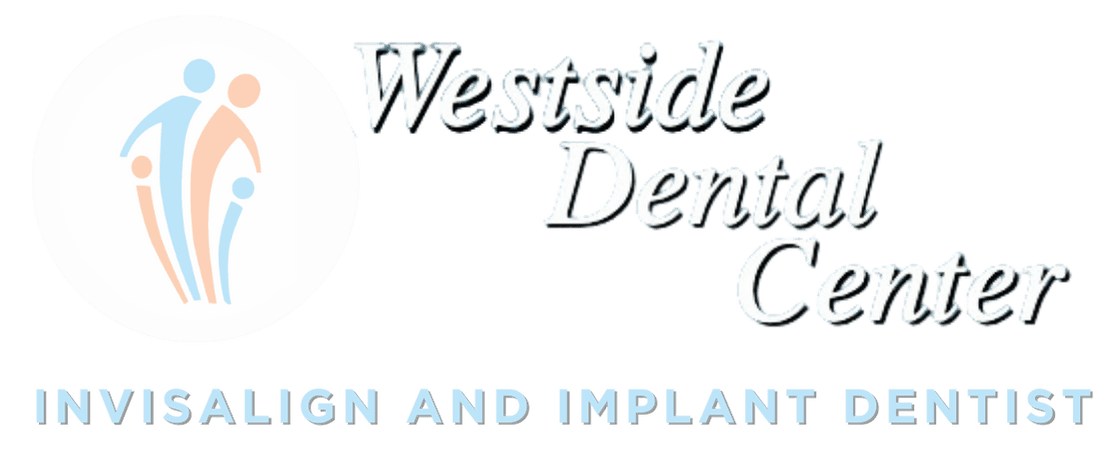Temporomandibular disorders are chronic facial pain disorders that can impact a patient’s quality of life. TMJ issues occur when the jaw joint is stressed or damaged and can not properly function. For some patients, crooked teeth or malocclusion cause TMJ pain, while others may be grinding or clenching their teeth.
Patients commonly live for many years suffering from TMJ pain unaware that their dentist may be able to help alleviate painful symptoms. Dr. Uttma Dham offers night guards, Invisalign, and Botox as treatment options for her patients in our Plantation dental office.
Signs & Symptoms of TMJ Disorders
Recognizing the symptoms of TMJ problems can keep them from interfering with the quality of a patient’s daily life. For many, over-the-counter pain medications offer little to no relief, and restorative dental care is needed to relieve symptoms.
Symptoms of TMJ issues include:
- Difficulty or discomfort when chewing
- Earaches
- Chronic headaches
- Pain in the face, jaw, temples, or neck
- Clicking or popping of the jaw
- Numbness in the hands
Treatments for TMJ Disorders
TMJ disorders are a complex oral health concern that has no single solution. A thorough oral health examination can help determine the underlying cause of the chronic pain condition. Reviewing the patient’s lifestyle and sleeping habits also helps build a comprehensive treatment plan. Some of our treatments to relieve chronic pain from TMJ issues include:
- Oral Sleep Appliance: For patients whose TMJ disorder is caused or agitated by chronic teeth grinding, an oral sleep appliance may offer relief. These night guards are custom designed to comfortably and securely fit in the patient’s mouth. The device realigns the bite and prevents the upper and lower jaw from grinding together during sleep.
- Invisalign®: Dr. Dham is a Plantation, FL Invisalign preferred provider. Invisalign is commonly used to treat TMJ pain caused by malocclusion or crooked teeth. As the Invisalign aligners gradually shift teeth into alignment, many patients experience relief from their chronic pain.
- Botox®: Botox is an FDA-approved treatment for patients who want to rejuvenate their skin or find relief from TMJ pain. Dr. Dham offers facial esthetic treatments such as Botox to smooth the appearance of fine lines and wrinkles. However, Botox can also relax the muscles in the face to stop chronic headaches and facial pain caused by TMJ disorders.
Frequently-asked Questions
Could my crooked teeth be the cause of my jaw pain?
Yes, crooked teeth or malocclusion can cause misalignment in the jaw joint causing added stress on the bite. Over time, bite misalignment can cause permanent damage to the jaw. For many patients straightening crooked teeth at any age can relieve many of the painful symptoms associated with TMJ problems.
Why do I wake up with headaches every morning?
If you experience headaches nearly every morning you may be grinding your teeth in your sleep. Grinding, or bruxism, can put stress on the jaw and be the underlying cause of TMJ problems. Night guards can help prevent bruxism.
Do TMJ issues change your face shape?
After some time, the form of your face may change if you have TMJ issues. Overuse of the muscle can lead to a swollen, square jaw and a loss of facial symmetry. It can also alter the way your teeth meet in your mouth.
What should you not do with TMJ issues?
Stop eating anything that requires excessive chewing or biting. This may contain ice, nuts, popcorn, chips, gum, caramel, gummy candies, carrots, entire apples, hard breads, and even ice. If you have a sore jaw, it’s best to postpone any scheduled dental work.
Can your jaw lock permanently?
Having lockjaw makes it difficult to eat, speak, and even brush and floss your teeth regularly. Your jaw may remain locked for a short-time, or permanently.
In what position is your jaw most relaxed?
The healthiest resting posture for your jaw and neck is one in which you are able to rest your head. Sleeping on your back or your side are best for your jaw to relax.
